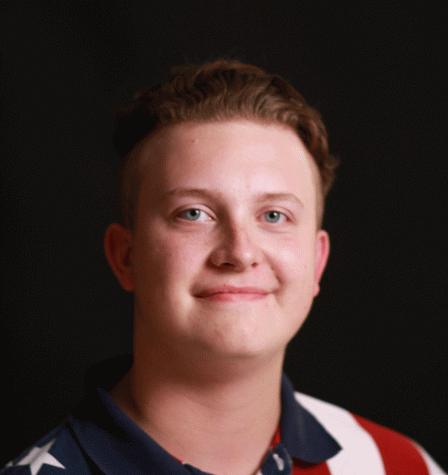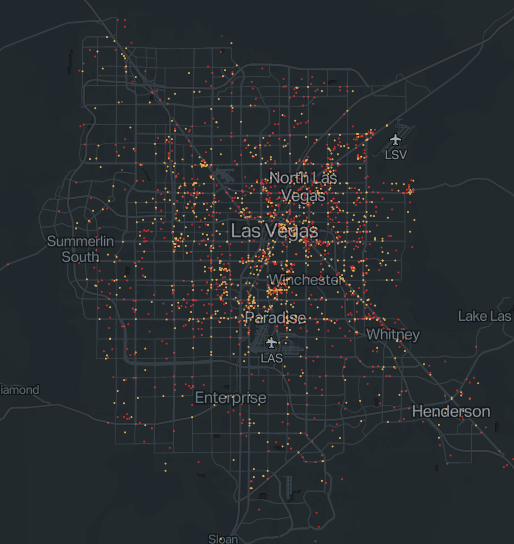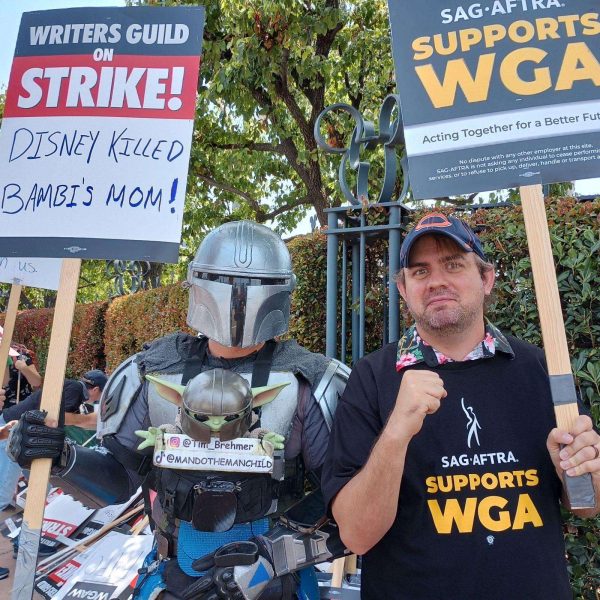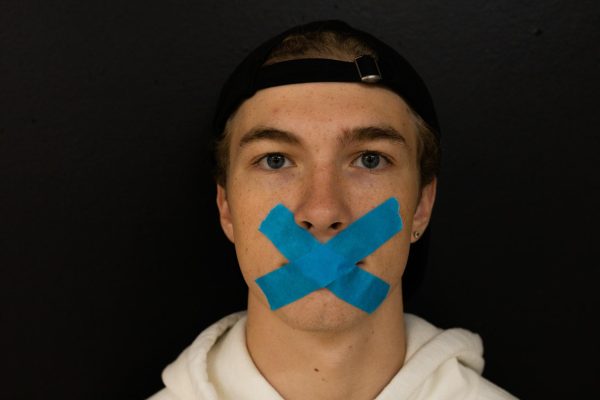“Mentally Ill” Man Killed by Police
Unarmed Alfred Olango was killed by San Diego area police on Tuesday
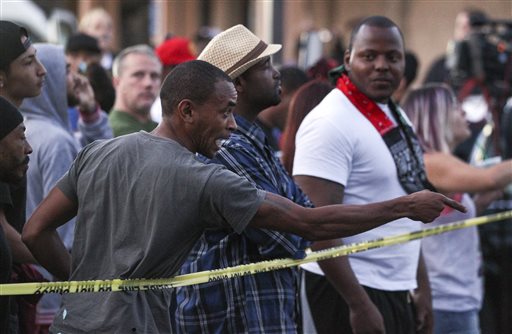
A man points at police as he and others yell at police while at the scene where a black man was shot by police in El Cajon, east of San Diego, California on Tuesday, Sept. 27, 2016.
With a flurry of police shootings over the past few months, tensions between police and US citizens continue to deteriorate with each day. An example of another killing of an unarmed man was portrayed yet again this week as police in the El Cajon suburb of San Diego, California responded to a 911 call on the afternoon of Tuesday, September 27th.
The report, made just outside of a nearby shopping center, asked for immediate assistance to a man acting out of the ordinary. Police arrived to find suspect Alfred Olango in a state of recovery after an extreme seizure that occurred just minutes before their arrival. According to El Cajon’s police chief, Jeff Davis, the police respondents were having a conversation with Olango when the man pulled an object out of his pocket. In retaliation to the possible threat, an officer shot Olango, sending him to the hospital where he later died that night.
“I think it was a poor choice by the police officers to shoot, I think tasing [the suspect] would have been a better option, but I do not believe any force should have been taken,” senior Michael Maloney said
As of September 25th, there have been over 500 reported instances of police killing civilians this year. While each day brings on new incidents of violence in our cities and communities, the resulting anger and confusion becomes an ongoing norm in the United States, as seen by various Black Lives Matter riots and uprisings in Tulsa and Charlotte.
“I think that there is not only a problem with unjust police officers but also with compliance to police,” senior Karley Rosenquist said. “We should all work to make this country better.”

